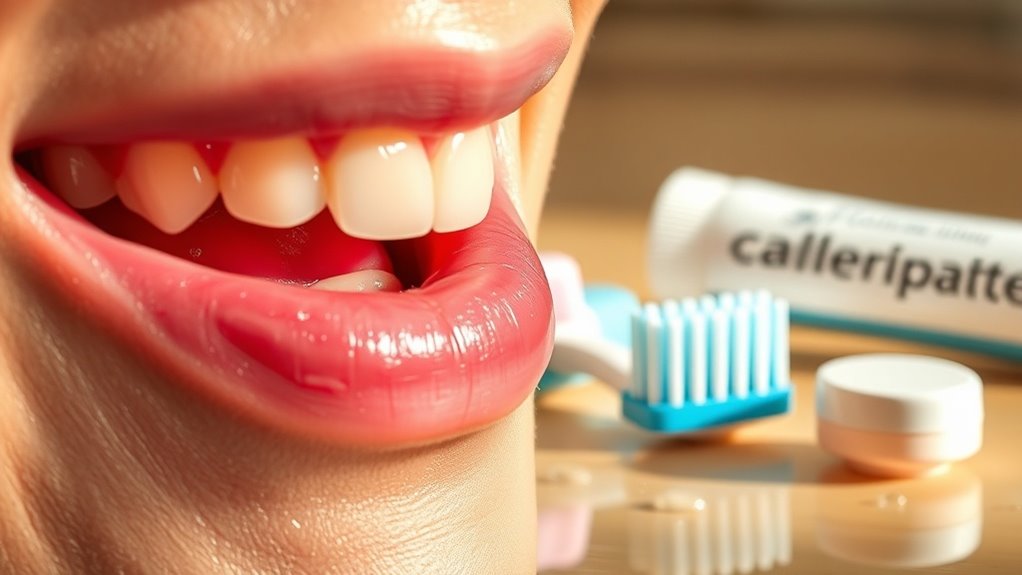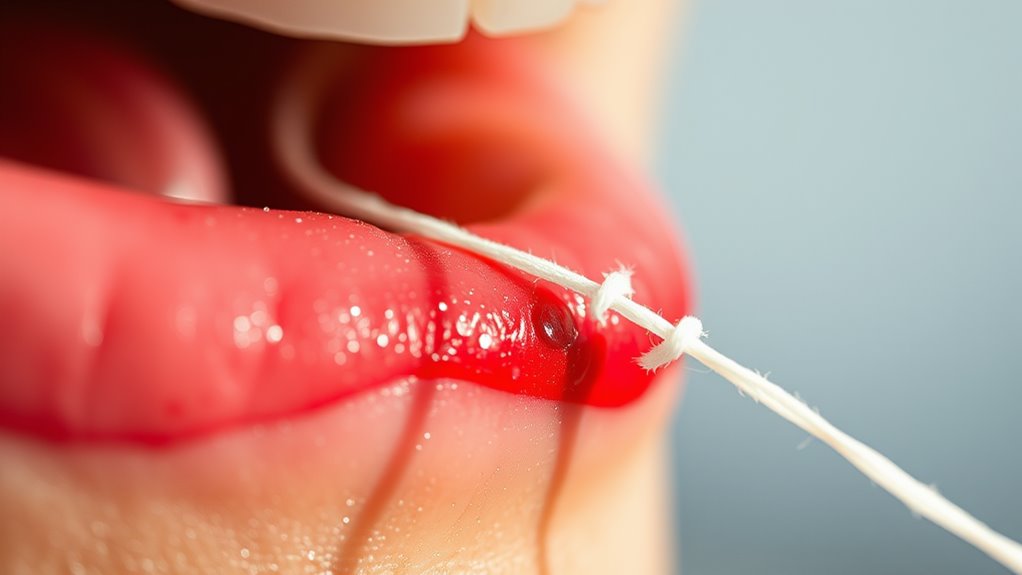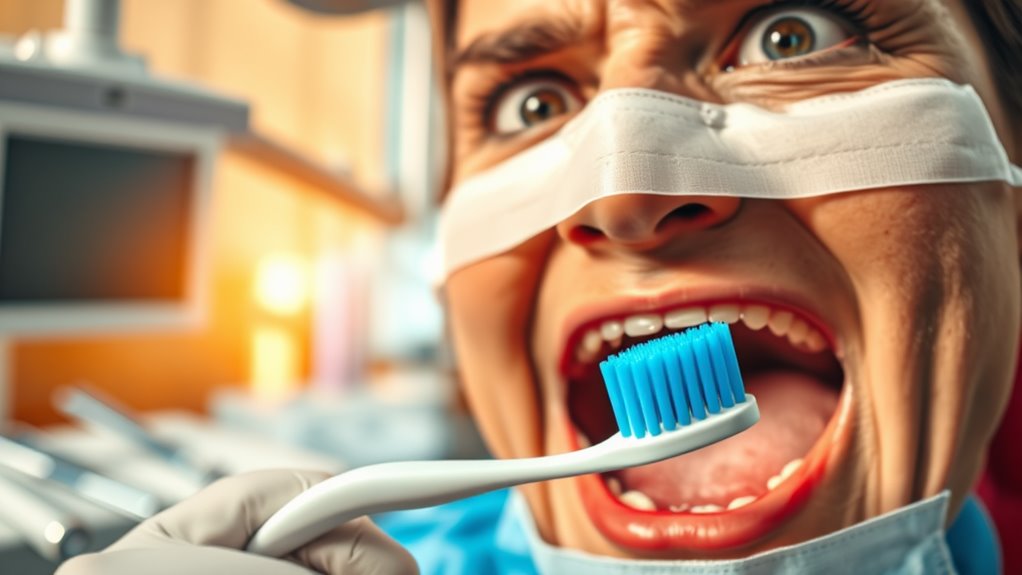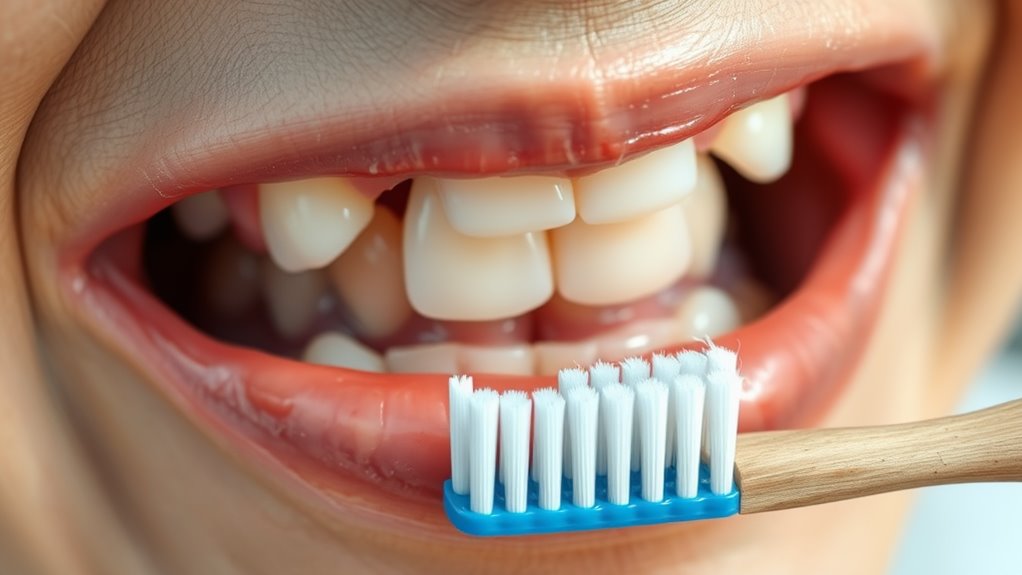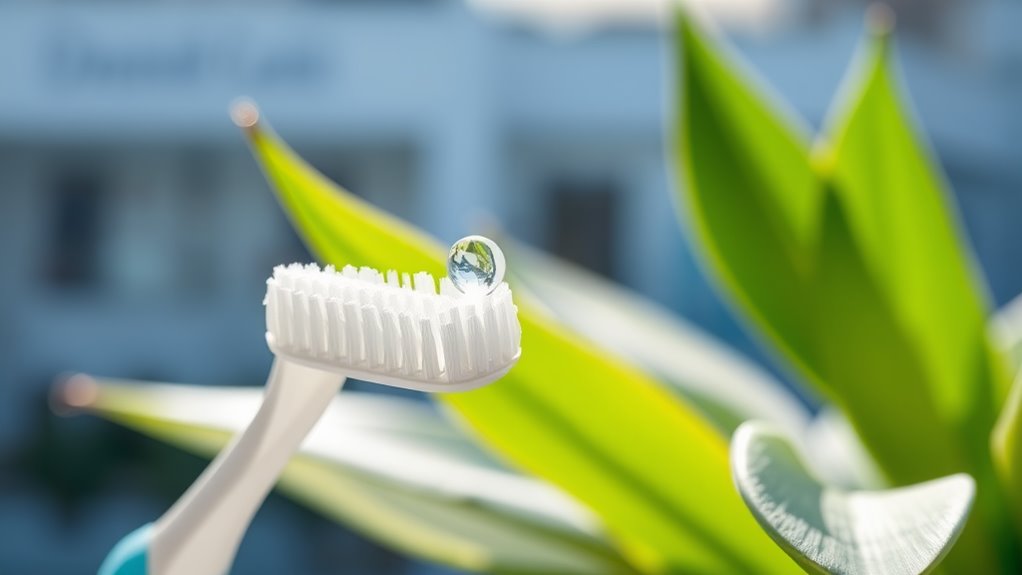Signs Your Gums Need Extra Love (and How to Help Them)
You’ve probably noticed some signs that your gums might need extra attention, like unexplained bleeding or persistent bad breath. These symptoms can be early indicators of underlying issues that shouldn’t be ignored. Understanding what your gums are trying to communicate is crucial for your oral health. Let’s explore these signs and effective ways to nurture your gums back to health.
Unexplained Bleeding Gums
If you notice unexplained bleeding gums while brushing or flossing, it’s important to address this issue promptly. Bleeding gums are often one of the first gum health signs indicating potential problems like gingivitis or other periodontal disease. Don’t ignore this symptom; maintaining good oral hygiene and consulting your dentist can help prevent further complications and improve overall gum health. Rinsing your mouth with warm salt water can help reduce inflammation and soothe bleeding gums.
Swelling and Inflammation
While you might not realize it right away, swelling and inflammation in your gums can signal underlying issues that require attention. This could indicate gingivitis or other dental conditions. You should pay close attention to your oral hygiene routine and visit your dentist regularly. Effective treatments include proper brushing, flossing, and possibly professional cleanings to reduce inflammation and promote healthy gums. Additionally, consistent oral hygiene practices can help prevent or lessen the occurrence of swollen gums.
Persistent Bad Breath
Persistent bad breath, often a symptom of underlying oral health issues, can be both embarrassing and frustrating. It may stem from gum disease, poor oral hygiene, or bacteria buildup. To combat this, brush your teeth twice daily, floss regularly, and stay hydrated. Additionally, be aware that dietary choices can significantly contribute to bad breath; certain foods can release volatile compounds that worsen the odor. Don’t hesitate to consult your dentist to rule out more serious conditions and ensure your gums receive the care they need.
Receding Gum Line
As you age, you might notice your gum line gradually receding, which can expose tooth roots and lead to sensitivity and other issues. This process can result from various factors, including gum disease, brushing too hard, or genetic predisposition. To combat this, maintain good oral hygiene, use a soft-bristled toothbrush, and schedule regular dental check-ups to monitor your gum health effectively. Additionally, adopting effective prevention strategies can help maintain your gums and prevent further recession.
Pain and Discomfort in the Gums
Gum issues can often lead to pain and discomfort, making it important to address any signs of gum sensitivity or inflammation promptly. Here are some steps you can take to manage this discomfort:
- Use a soft-bristled toothbrush
- Rinse with warm saltwater
- Avoid acidic foods
- Maintain regular dental check-ups
- Consider over-the-counter pain relief options
Incorporating a mouth rinse that targets areas missed by the toothbrush can also enhance your oral hygiene routine. Taking action now can protect your gum health in the long run.
